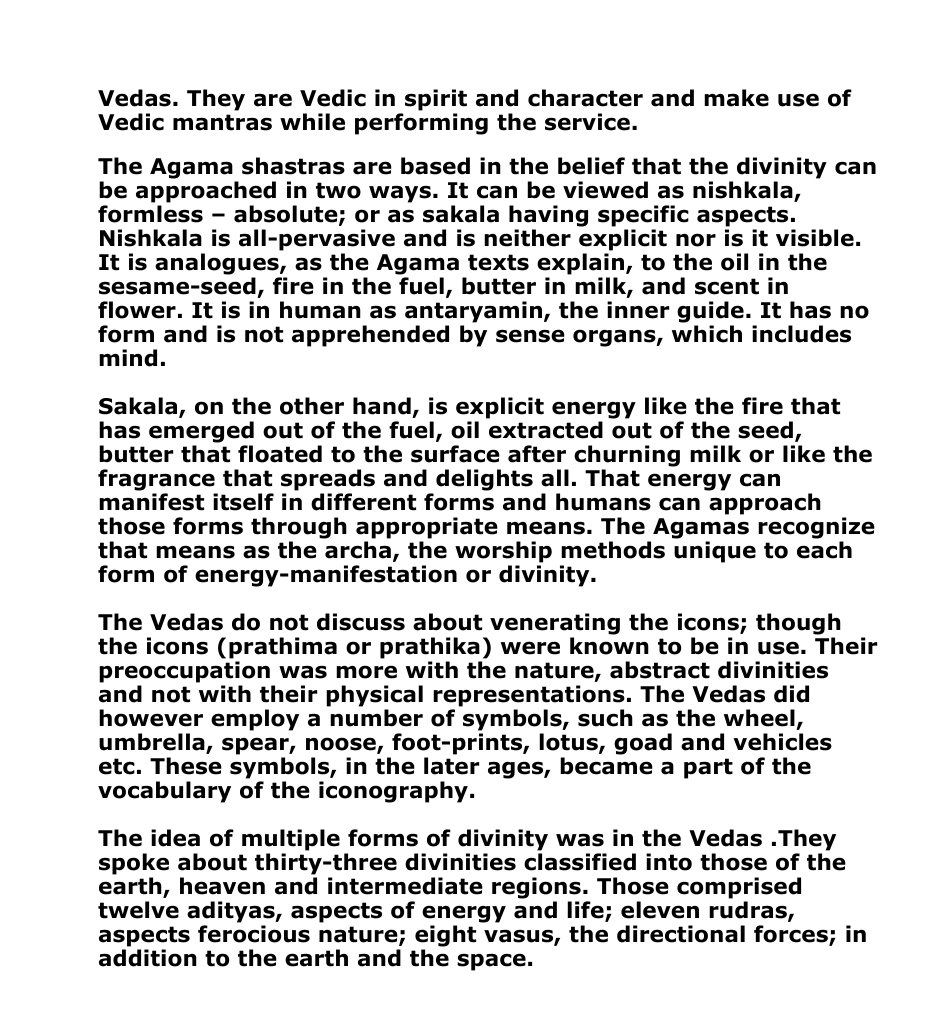So technically it's still unclear what she's suing over.
Good afternoon, followers of frivolous performative litigation.
New filing in Orly Tatiz's bonkers attempt to halt the 2nd Impeachment trial. It's a gloriously burning train wreck of mangled formatting and hideous typography.
Let's dig
So technically it's still unclear what she's suing over.
Even though, honestly, it's not the worst Orly has produced.
"an inartfully collated, defectively stapled, and misordered collection of pages" is still one of my favorite descriptions of a filing ever.


No, really, that's how it's styled.




All of this takes place without legal argument of any recognizable variety.





Also, we're talking about things that will happen on the 25th in a document that wasn't filed until the 26th.




Over a decade of legal malcraptice and she still hasn't managed to master that one simple trick.

Also, yeah, that's not going to be proper service on the United States. Again.

More from Mike Dunford
No, this is not a thing that will change the election. At all.
If this is real - and I do emphasize the if - it is posturing by the elected Republican "leadership" of Texas in an attempt to pander to a base that has degraded from merely deplorable to utterly despicable.
Apparently, it is real. For a given definition of real, anyway. As Steve notes, the Texas Solicitor General - that's the lawyer who is supposed to represent the state in cases like this - has noped out and the AG is counsel of
It looks like we have a new leader in the \u201ccraziest lawsuit filed to purportedly challenge the election\u201d category:
— Steve Vladeck (@steve_vladeck) December 8, 2020
The State of Texas is suing Pennsylvania, Georgia, Michigan, and Wisconsin *directly* in #SCOTUS.
(Spoiler alert: The Court is *never* going to hear this one.) pic.twitter.com/2L4GmdCB6I
Although - again - I'm curious as to the source. I'm seeing no press release on the Texas AG's site; I'm wondering if this might not be a document released by whoever the "special counsel" to the AG is - strange situation.
Doesn't matter. The Supreme Court is Supremely Unlikely to take this case - their jurisdiction is exclusive, but it's also discretionary.
Meaning, for nonlawyers:
SCOTUS is the only place where one state can sue another, but SCOTUS can and often does decline to take the case.
As Akiva notes, the legal question is going to boil down to something known as "actual malice."
That's a tricky concept for nonlawyers (and often for lawyers) so an explainer might help.
So Dominion sued Rudy for defamation. How are they ever going to allege actual malice? https://t.co/p8d3flDkGm
— Akiva Cohen (@AkivaMCohen) January 25, 2021
What I'm going to do with this thread is a bit different from normal - I'm going to start by explaining the underlying law so that you can see why lawyers are a little skeptical of the odds of success, and only look at the complaint after that.
So let's start with the most basic basics:
If you want to win a defamation case, you have to prove:
(1) that defendant made a false and defamatory statement about you;
(2) to a third party without privilege;
(3) with the required degree of fault;
(4) causing you to suffer damage.
For Dominion's defamation cases, proving 1 and 4 is easy. 2 is, in the case of the lawyers they're suing, slightly more complex but not hard. And 3 - degree of fault - is really really hard to prove.
A false statement of fact that is defamatory is a slam dunk element here - all the fraud allegations against dominion are totally banana-pants. They are also allegations which are clearly going to harm Dominion's reputation.
OK, so since my attempt to sit back while Akiva does all the work of going through the latest proof that not only the pro se have fools for lawyers has backfired, let's take a stroll through the motion for injunctive relief.
They've also got a brief in support of their injunction motion, but I've got client work that needs doing. Hopefully @questauthority has you covered
— Akiva Cohen (@AkivaMCohen) January 4, 2021
At the start, I'd note that the motion does not appear to be going anywhere fast - despite the request that they made over 80 hours ago to have the motion heard within 48 hours.
The most recent docket entries are all routine start-of-case stuff.

Why isn't it going anywhere quickly? Allow me to direct your attention to something that my learned colleague Mr. Cohen said
Folks, judges DO NOT read complaints or petitions when they are filed, and they DO NOT just up and act on the "requests for relief". If you want something, you need to actually ask the court for it by a motion, not just put it in your "here's what we want if we win" section
— Akiva Cohen (@AkivaMCohen) January 4, 2021
Now I'm not a litigator, but if I had an emergency thing that absolutely had to be heard over a holiday weekend, I'd start by reading the relevant part of the local rules for the specific court in which I am filing my case.
In this case, this bit, in particular, seems relevant:

My next step, if I had any uncertainty at all, would be to find and use the court's after-hours emergency contact info. I might have to work some to find it, but it'll be there. Emergencies happen; there are procedures for them.
And then I'd do exactly what they tell me to do.
More from Society
My reporting here convinced me that there's no large effect in either direction on labor force participation from child allowances. Canada has a bigger one than either Romney or Biden are considering, and more labor force participation among women.
But what if that wasn't true?
Forcing parents into low-wage, often exploitative, jobs by threatening them and their children with poverty may be counted as a success by some policymakers, but it’s a sign of a society that doesn’t value the most essential forms of labor.
The problem is in the very language we use. If I left my job as a New York Times columnist to care for my 2-year-old son, I’d be described as leaving the labor force. But as much as I adore him, there is no doubt I’d be working harder. I wouldn't have stopped working!
I tried to render conservative objections here fairly. I appreciate that @swinshi talked with me, and I'm sorry I couldn't include everything he said. I'll say I believe I used his strongest arguments, not more speculative ones, in the piece.
I appreciate his intellectual curiosity and effort. I have quibbles. But my big disappointment is there was no mention of unintended consequences, which we discussed and which are kind of THE core conservative concern on this issue.
— \U0001d682\U0001d68c\U0001d698\U0001d69d\U0001d69d \U0001d686\U0001d692\U0001d697\U0001d69c\U0001d691\U0001d692\U0001d699 (@swinshi) February 18, 2021
You May Also Like
Imagine for a moment the most obscurantist, jargon-filled, po-mo article the politically correct academy might produce. Pure SJW nonsense. Got it? Chances are you're imagining something like the infamous "Feminist Glaciology" article from a few years back.https://t.co/NRaWNREBvR pic.twitter.com/qtSFBYY80S
— Jeffrey Sachs (@JeffreyASachs) October 13, 2018
The article is, at heart, deeply weird, even essentialist. Here, for example, is the claim that proposing climate engineering is a "man" thing. Also a "man" thing: attempting to get distance from a topic, approaching it in a disinterested fashion.

Also a "man" thing—physical courage. (I guess, not quite: physical courage "co-constitutes" masculinist glaciology along with nationalism and colonialism.)

There's criticism of a New York Times article that talks about glaciology adventures, which makes a similar point.

At the heart of this chunk is the claim that glaciology excludes women because of a narrative of scientific objectivity and physical adventure. This is a strong claim! It's not enough to say, hey, sure, sounds good. Is it true?
As a dean of a major academic institution, I could not have said this. But I will now. Requiring such statements in applications for appointments and promotions is an affront to academic freedom, and diminishes the true value of diversity, equity of inclusion by trivializing it. https://t.co/NfcI5VLODi
— Jeffrey Flier (@jflier) November 10, 2018
We know that elite institutions like the one Flier was in (partial) charge of rely on irrelevant status markers like private school education, whiteness, legacy, and ability to charm an old white guy at an interview.
Harvard's discriminatory policies are becoming increasingly well known, across the political spectrum (see, e.g., the recent lawsuit on discrimination against East Asian applications.)
It's refreshing to hear a senior administrator admits to personally opposing policies that attempt to remedy these basic flaws. These are flaws that harm his institution's ability to do cutting-edge research and to serve the public.
Harvard is being eclipsed by institutions that have different ideas about how to run a 21st Century institution. Stanford, for one; the UC system; the "public Ivys".




























